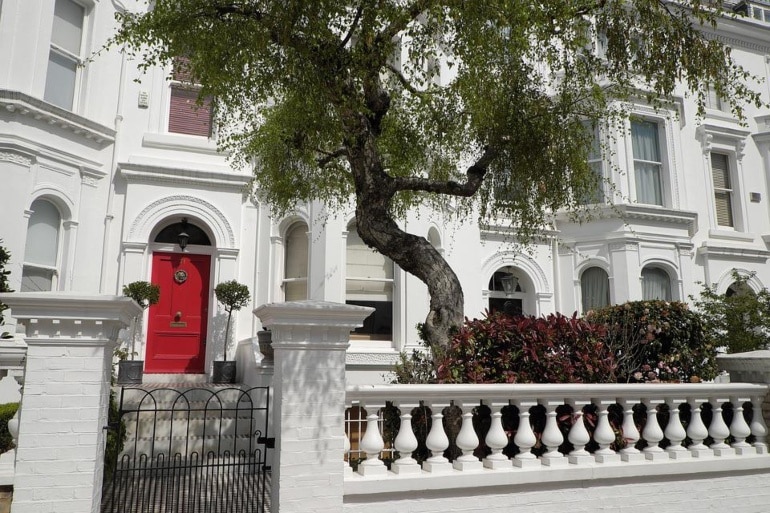Should You Consider Fixing Your Mortgage?
From 2009 to 2022, the cost of borrowing in the UK was lower than historical standards. The Bank of England base rate, which had been sitting at 5% in 2008, fell repeatedly until it reached 0.5%. This lower rate translates to a low mortgage rate. However, times change, and so do mortgage rates. Inflation rose swiftly in 2022, and the base rate for mortgages continued to rise, compounded by things like the conflict between Ukraine and Russia.
So, what is the best mortgage option? The increasing rates will affect mortgages. For that reason, a lot of people are starting to look at fixed mortgages. However, it’s important to understand why the fixed mortgage could be a good idea for you, and, more importantly, whether it is a good idea for you or not.
Understandably, you should always consult with a mortgage advisor before making a decision.
The reason why many people want to switch to a fixed mortgage is because if you have what is called a tracker mortgage, where the monthly payment goes up and down according to the changes on the base rate. Then your costs go up with each base rate price. When it comes to standard variable rate deals, it’s up to the lender whether this price increase happens or not, but most increases are typically passed on.
In the face of many potential base rate raises, many people start to look at a fixed rate mortgage. Given that the fixed rate mortgage is a good form of protection for most people, it’s understandably popular. The fixed-rate mortgage guarantees that you’ll pay a specific amount of interest, regardless of what happens to the base rate over time.
Naturally, the obvious drawback to something like that is the idea that you won’t benefit from a reduced rate, although in many cases that doesn’t happen. These deals often give you some security for the immediate future, at the very least – these types of deals are usually set over a period of two to five years. After that, you’ll have to renegotiate.
The other thing to consider is that the fixed rate often starts off higher than a standard or tracker mortgage. This means that in order for the rates to be financially beneficial, you’ll need to see the interest rates rise for everyone else. However, this isn’t the easiest thing to predict, and for many people, inflation and interest rates fluctuate over the long term.
The other final consideration is whether or not the Bank of England elects to cut the base rate again when the inflation eases off a bit, or whether they’ll choose to set interest rates nearer to historical levels, which might help to encourage people to save money a little more.
There are definitely some perks to a fixed-rate mortgage, and it isn’t the worst idea in the world when it comes to your mortgage payment plan. But it is essential that you should speak to a mortgage advisor to work out what to do for the best wherever you can.
But what will happen to inflation and interest rates in the long term?
The uncertainty over the situation in Ukraine means factors like the global wholesale prices of oil and gas could remain high if the conflict drags on, or ease if a peace deal can be agreed. There will also be the unknown question of whether the MPC decides it is wise to cut the base rate again when inflation does ease, or if it is appropriate to have interest rates set nearer to historical levels, which would provide benefits in other areas such as encouraging saving. For all these reasons, a fixed-rate mortgage is an option well worth discussing with expert advisors.







